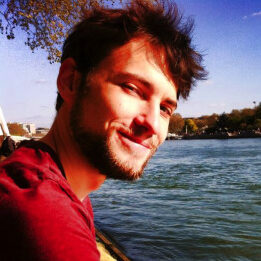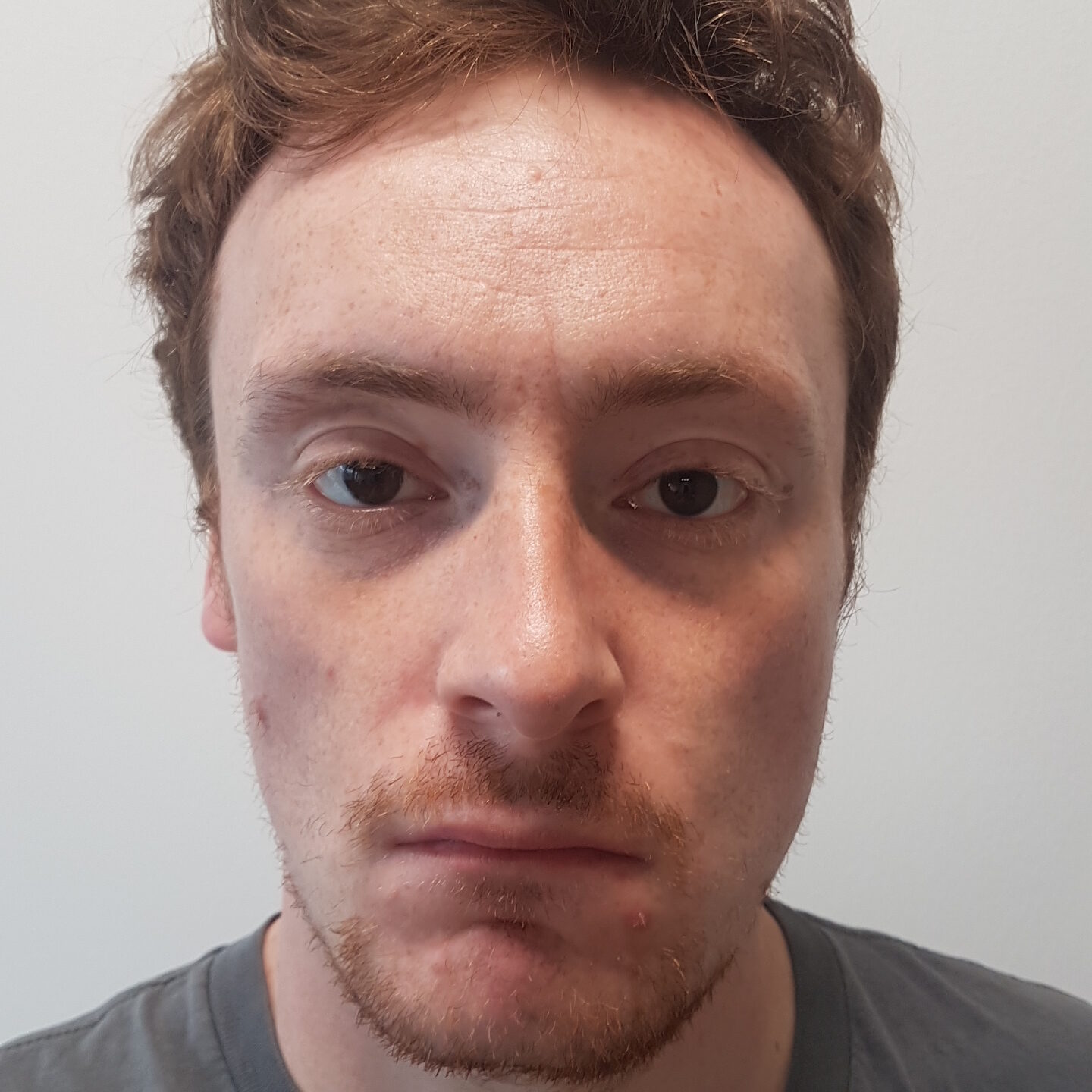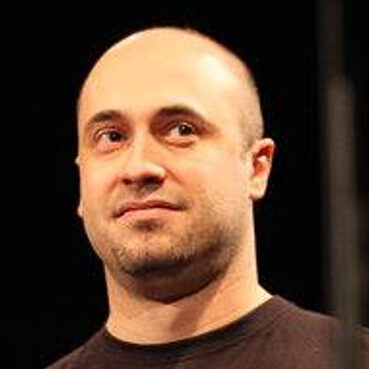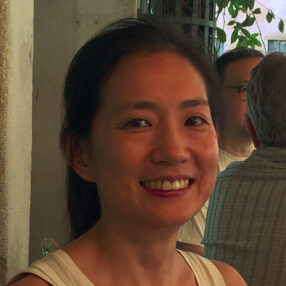The Euclid Consortium STAR Prize 2019
The Euclid Special Talent And Recognition (STAR) Prize is a prize to acknowledge work done within the Euclid Consortium in different areas of activity. It was established in 2017, and every year prizes are awarded to nominees in different categories by the Euclid STAR Prize Committee. Nominations are accepted and encouraged from any Euclid Consortium member, excluding self-nominations.
The awardees are (full bios below / on click):
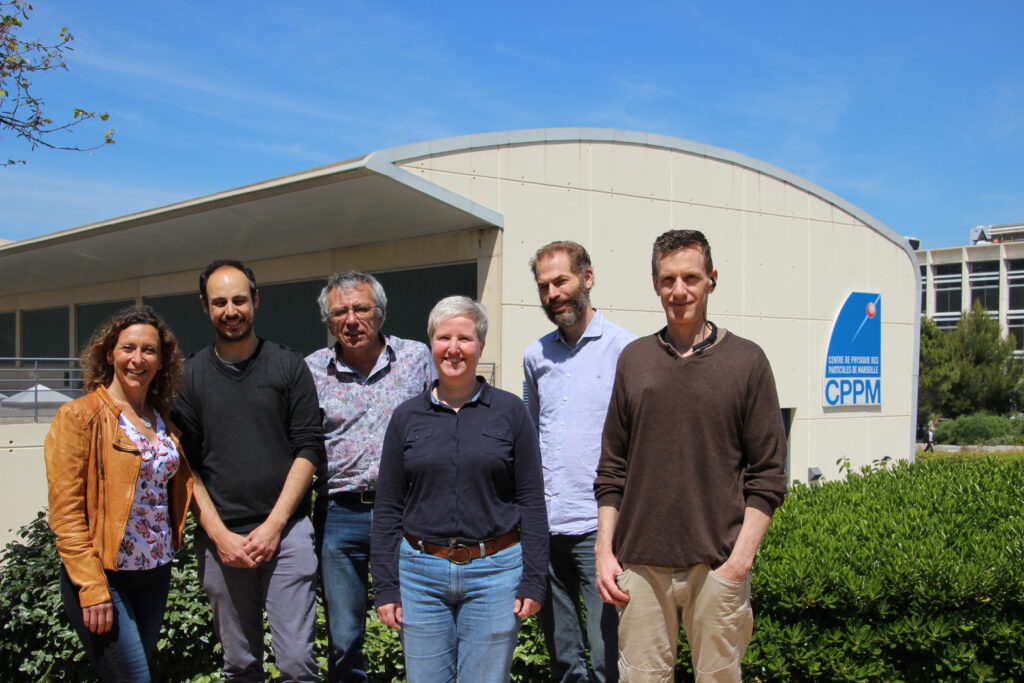
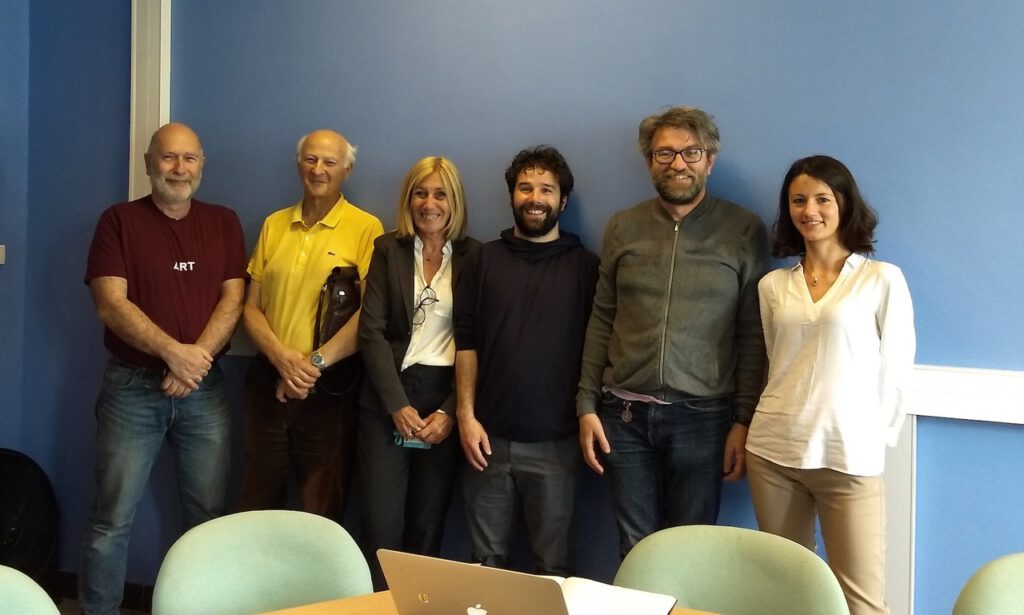
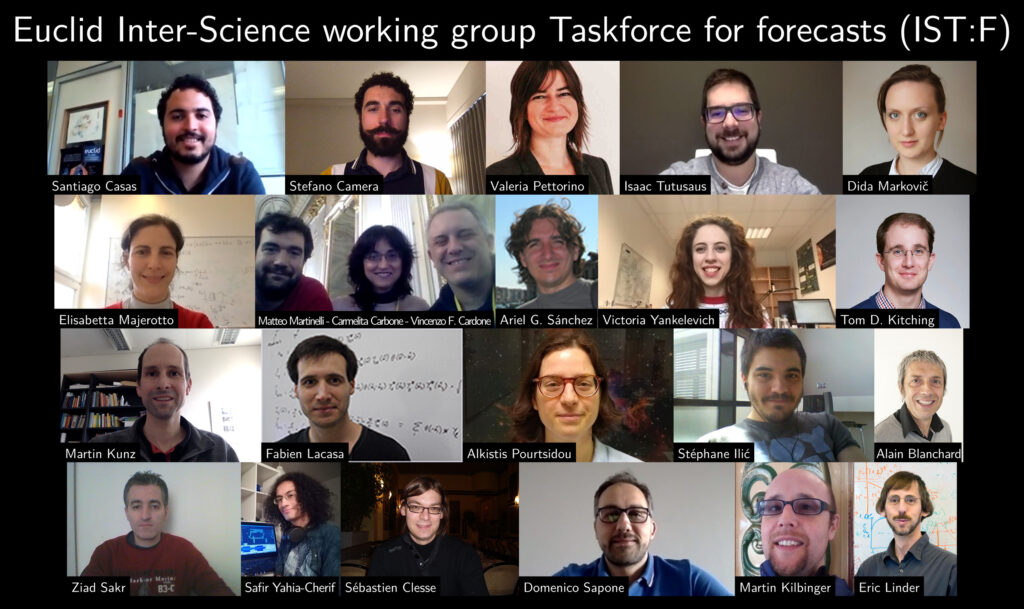
Euclid STAR Prize 2019 – Student Award
Morgan A. Schmitz is a PhD student at CEA Paris-Saclay, France. He is expected to graduate in the fall of 2019.
The main focus of his research so far has been on developing methods for the non-parametric modeling of the VIS Point Spread Function. This work has led him to dabble in galaxy shape measurement, the propagation of errors to cosmic shear measurements, deconvolution techniques and numerical optimal transport. Morgan is also an alumni of the first three sessions of the Euclid France Summer School. There, he started collaborating with fellow Euclid members on a project on weak lensing peak counts.
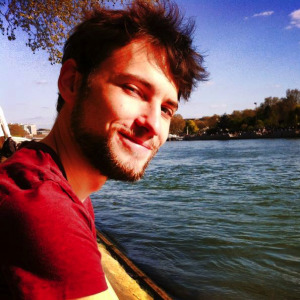
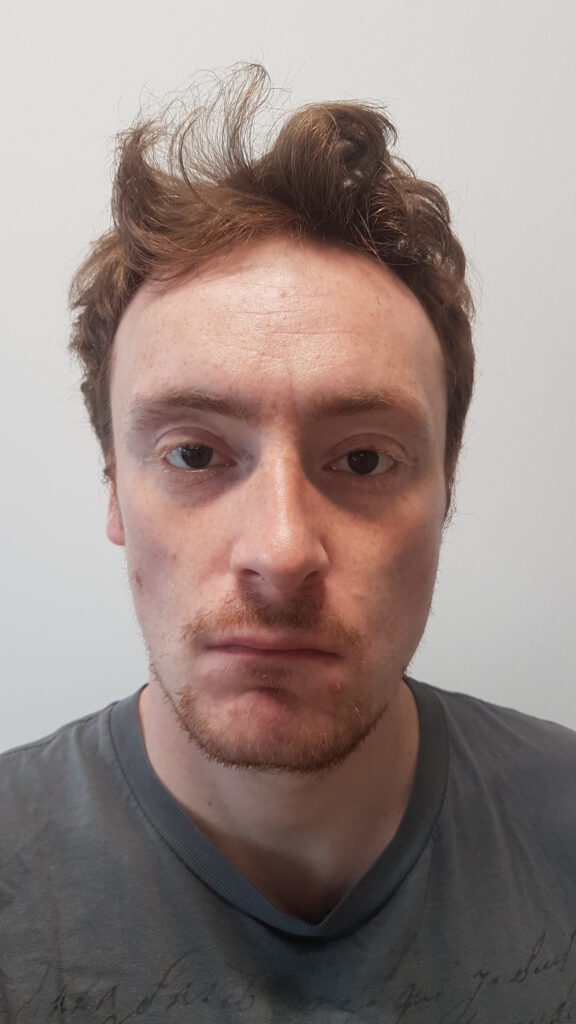
Euclid STAR Prize 2019 – Junior Scientist Award
James Nightingale is an observational astronomer and post-doctoral researcher at the Centre for Extragalactic Astronomy at Durham University. He completed his PhD at the University of Nottingham under the supervision of Dr. Simon Dye, where he developed PyAutoens, a software for modeling strong gravitational lenses. He’s passionate about dark matter cosmology, big data challenges and open source software.
In Euclid, he works on charge transfer inefficiency, an effect caused by radiation damage to Euclid’s CCD imaging detectors, which ‘smears’ the images they acquire. If not corrected for, this smearing of the galaxy images will bias shape measurement and weak lensing science. At Durham, he is developing software which models this effect during the read-out process of a CCD and uses this model to correct Euclid science imaging.
Euclid STAR Prize 2019 – Junior Engineer Award
Daniele Tavagnacco is an astrophysicist and currently working as junior scientist at the INAF-OATs in Trieste. After his PhD in physics focused on the PLANCK-LFI instrument systematic effects, he spent one year in Antarctica developing and maintaining ground telescopes for IR observations and became the technical manager of ITM telescope. Then he joined the Euclid collaboration as SDC-IT Dev member of the SGS where he currently works as software engineer for LE3.
His role within Euclid is the development and integration of the LE3 Processing Functions under the responsibility of SDC-IT. This includes adapting the PFs to the Euclid software structure and coding rules, the preparation of unit tests and, for the most resource demanding ones, their re-design and optimization.
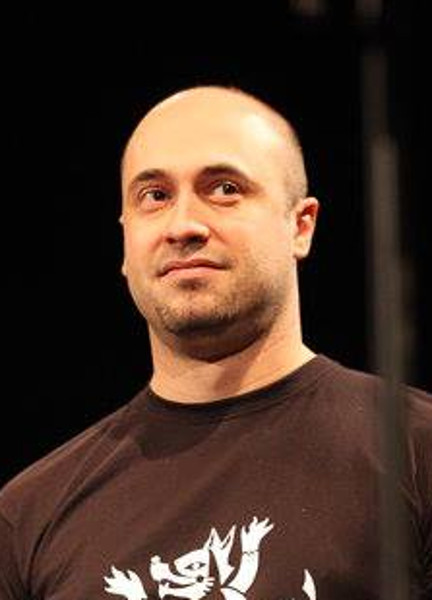
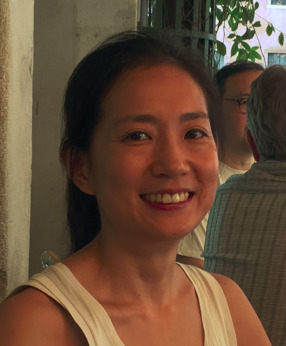
Euclid STAR Prize 2019 – Senior Scientist Award
Reiko Nakajima is a researcher in astronomy at the Argelander Institut für Astronomie in Bonn, Germany. After getting her physics and engineering degrees and then working briefly in the industry, she obtained her PhD in Physics and Astronomy at the University of Pennsylvania and was a post-doctoral researcher at Berkeley. Upon arrival at Bonn, she started working on Euclid weak lensing science in 2011 and has since been planning systematic tests for Euclid Weak Lensing Science, while reading through the mountain of Euclid documentations.
Her current main task is the upgrade of the VIS portion of the Calibration Concept Document — Part B (CalCD-B). The current CalCD-B is obsolete — between the swift progress in the VIS instrument characterization and the loss of a key VIS instrument scientist from the Euclid project in 2015, many new calibration items are requiring immediate attention for implementation in OU-VIS. Her job therefore is to act as a liaison between CalWG, VIS IDT, WL-SWG, OU-VIS, and a few other groups of multiple-letter acronym, to rewrite the CalCD-B that suits the our current understanding of the VIS instrument performances, and to ensure necessary VIS calibrations are implemented for our weak lensing science requirements.
Euclid STAR Prize 2019 – Leadership & Coordination Award
Hervé Aussel is a CNRS researcher at the AIM laboratory in Saclay, working on the evolution of galaxies. After graduating in 1999, he was a postdoc in Padova, then JCMT Fellow (2000-2003) and Pan-STARRS Junior Researcher (2003-2004) at the University of Hawaii. Initially observing galaxies in the infrared (ISO, Spitzer, Herschel, NIKA2) he quickly adopted a broader multi-wavelength view through his participation to the COSMOS survey. He thus joined Euclid in 2012 from the Legacy side, but has – since his involvement in the Euclid Science Performance Verification – happily taken a more cosmological turn in his career, taking a strong interest in the connection between galaxies and their hosting dark matter halos. He will be Euclid Science Ground Segment Scientist from July 2019 onward.
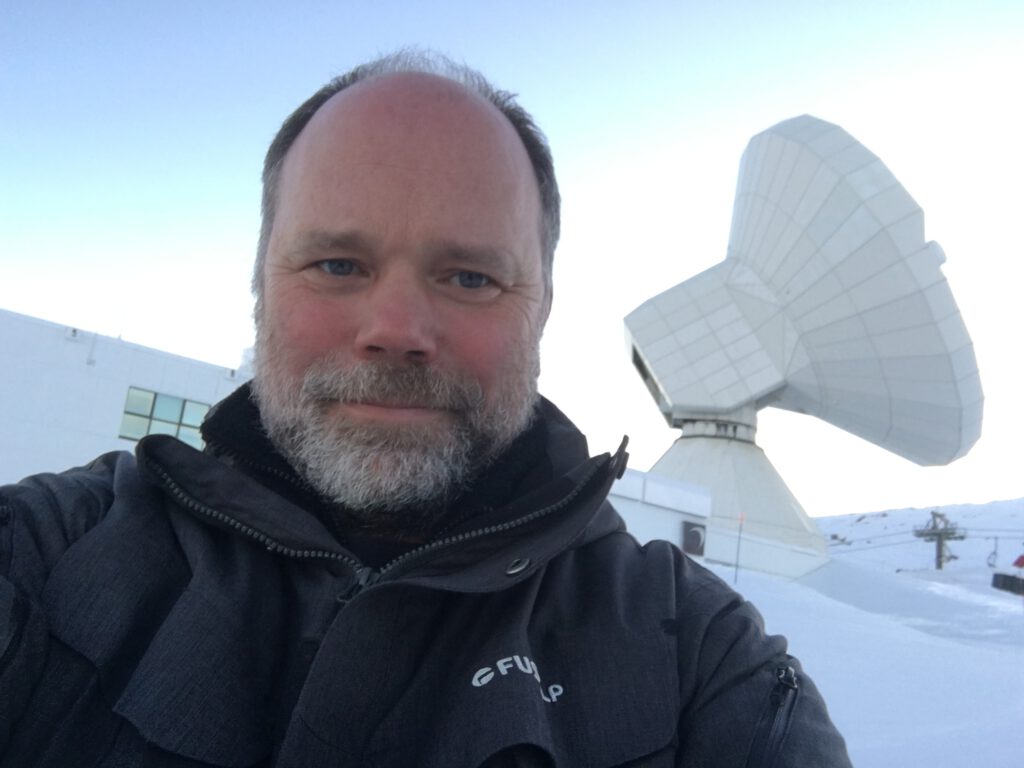


Euclid STAR Prize 2019 – Instrument Award
The characterization team’s expertise is based on an early experience with IR detectors in the framework of the SNAP collaboration and expanded to the highest level within the Euclid project. The team members combine strong complementary skills: mechanical and thermal design of the bench, software development for acquisition and bench control & automation, instrumentation, test procedures of pixel detectors. Thanks to the close collaboration of CPPM & IPNL, the team has developed and validated dedicated test facilities of high quality and excellent running efficiency with a fully automated acquisition scheme. The characterization of the 20 IR detectors has taken over one year with 85% efficiency, leading to 400 TB of data from which the team will derive pixel map products and models for the SGS. The emphasis during these tests was the collection of data to enable the control of relative pixel gains, non-linearities, and persistence.
Remi Barbier
Alain Castera
Jean-Claude Clemens
Anne Ealet
Sylvain Ferriol
Sylvain Ferriol is computer engineer, graduate of the National School of Engineering of Brest. He spent 3 years at Thales Underwater Systems in Brest, 6 years at the Laboratory of Imaging, Modeling and Cognition Techniques (TIMC) in Grenoble, 4 years at the Laboratory of Economic Analysis and Theory in Lyon and currently at the Institute of Nuclear Physics in Lyon (IP2I). Sylvain Ferriol is the computer that developed the data acquisition software for the NISP-IR characterisation.
William Gillard
William Gillard has been a physicist working on three spaces experiment for indirect search of Dark Matter before he joined the CPPM and the EUCLID project in 2014. For the Euclid project, he has taken in charge the spectroscopic calibration of the NISP instrument hence he is involved in the analyses of the NISP IR detector images issued from the NISP detector characterisation campaign at CPPM.
Bogna Kubik
Phillipe Lagier
As a mechanical engineer with 25 years of experience, Philippe Lagier translates the needs of future users into the design of scientific instruments that he develops with special care and efficiency in mind. For Euclid, he has designed, integrated and validated two twin cryostats working at 80K for the characterization of the NISP IR detectors.
Romain Legras
Romain Legras has been an instrumentation engineer with CPPM for 4 years. For the Euclid project, he has taken in charge and implemented all the instrumentation of the characterization cryostats and the safety procedures for the NISP IR detectors. He has also developed a fully automated monitoring and control of the characterization test bench.
Jerome Royon
Jérôme Royon has been an electronics engineer at CPPM for 25 years. On the Euclid project, he has taken in charge the safety of the NISP detectors during their characterization in CPPM cryostats.
Aurélia Secroun
Aurélia Secroun has become an accomplished instrumentalist through 15 years of research in electro-optics and instrumentation for space sciences. She is responsible for the characterization of the IR detectors of the NISP instrument, for which she has coordinated the development and implementation of dedicated benches and the tests themselves.
Benoit Serra
Benoit Serra has been part of the EUCLID project from 2012 to 2017 at the CPPM where he did his PhD thesis on the characterization of Euclid infrared detectors, followed by a post-doctoral position of two years where he was involved in the characterization of the NISP-IR detectors. Benoit Serra is now an engineering fellow in the detector group at ESO.
Gerard Smadja
Euclid STAR Prize 2019 – Team Award
The Euclid Inter-Science working group Taskforce for forecasts (IST:F)

- Professor at Université Paul Sabatier, Toulouse
- Co-lead of the IST:F working group on cross-correlation
Alain Blanchard
- Rita Levi Montalcini Assistant Professor at the University of Turin, Italy
- Active in WL and XC recipe and baseline
- Owner of CCCP code
Stefano Camera
- Staff researcher at INAF – Institute of Space Astrophysics and Cosmic Physics (IASF)
- Co-lead of the IST:F baselineGC-task, co-lead of the WP:Likelihood in the SWG-GC, co-lead of the WP:CMBXC-from-Nbody-simulations in the CMB-XC SWG
- Developer of the CarFish code for GC forecasts
Carmelita Carbone
- Researcher at INAF – Osservatorio Astronomico di Roma
- Coordinator of the IST:F baselineWL task and developer of the STAFF code for WL + GCp + XC forecasts
Vincenzo F. Cardone
- Postdoctoral researcher at CEA Paris-Saclay
- Active member of IST:F in the GC and WL groups
- Maintainer of the input/output file and comparison script repository of IST:F
- Creator of the Cosmomathica+Fishermathica code which has been validated for GC+WL and validated Boltzmann code interface
- Co-lead of the WP6 in the Theory Working Group dealing with forecasts for extended models beyond LCDM
Santiago Casas
- Postdoc at the University of Louvain and University of Namur, Belgium (Belgian Fund for Research FRS-FNRS)
- Contribution in the IST:F, working group on cross-correlations
- Developer of Euclid likelihoods for Montepython (WL,GC,XC), comparisons of MCMC vs Fisher matrix forecasts, computation of Fisher matrices from the likelihood
Sebastien Clesse
- Postdoc at the Physics institute of the Czech Academy of Sciences, Prague
- Lead of forecasting activities in CMBX SWG and co-lead of ISW Work Package in the same SWG
- Contribution in the IST:F working group on cross-correlation, more specifically in the inclusion of CMB in forecasts ; acted as interface between the IST:F and the CMBX SWG
Stéphane Ilic
- Research scientist at CEA Paris-Saclay
- Deputy lead of the WLSWG
- Coordinator of the IST:F recipeWL task. Active in the WL and XC groups of the IST:F with the CosmoSIS code
Martin Kilbinger
- Professor at the University of Geneva
- Co-lead of the Euclid Theory SWG and ex-co-lead of IST:F working group on cross-correlations
Martin Kunz
- Postdoc at the University of Geneva
- Co-lead of the IST:F working group on cross-correlation
Fabien Lacasa
- Professor at University of California, Berkeley
- Active in IST:F in Cosmological Context, Fisher matrix formalism accuracy, and review of GC, WL recipes
Eric Linder
- Marie Heimt-Vögtlin postdoctoral fellow at the University of Geneva
- Co-lead of the IST:F recipeGC
- Active in the IST:F baseline GC, owner of the fishMath code
Elisabetta Majerotto
- Research fellow at Institute of Cosmology and Gravitation, Portsmouth, UK
- Co-lead of IST:F recipe GC, GC-E2E and GC-SWG WP Likelihood
Dida Markovic
- D-ITP fellow at Lorentz Institute, Leiden University
- Active in several projects in TWG and co-lead of the likelihood WP
- Developer of the CosmicFish code
Matteo Martinelli
- Research scientist at CEA Paris-Saclay
- Co-lead of the IST:Forecasts and of IST:Likelihood
- Lead or co-lead in various projects within the Theory group (Cosmology Review, Forecasts), and for Euclid France communication
Valeria Pettorino
- UKRI Future Leaders Fellow at Queen Mary University of London
- Active in IST:F baseline GC, co-lead of IST:nonlinear and GC-SWG Additional Probes WP
Alkistis Pourtsidou
- Research scientist at the Max Planck Institute for Extraterrestrial Physics, Garching, Germany
- Co-lead of the IST:F
- Active member of the GC SWG: previously coordinated the “Likelihood Fitting Work Package” and the “Tiger Team on Systematic Errors”. Now also co-lead of the new Likelihood IST” (IST:L)
Ariel G. Sánchez
- Adjunct professor at USJ, Lebanon, Beirut.
- Active in the IST:F: Developer of likelihoods for Montepython (WL,GC), comparisons of MCMC vs Fisher matrix forecasts
- Active in TWG : Implementation of MG in Class, WP6 forecast
- Active in CGSWG : Cosmo Challenge, Selection function Tiger team
Ziad Sakr
- Professor at the Department of Physics, FCFM, University of Chile, Santiago
- Co-lead of the IST:F baseline GC and active member in IST:F recipe GC
- Owner of SoapFish code in Python and Mathematica
Domenico Sapone
- Postdoctoral researcher at the Institute of Space Sciences (IEEC-CSIC, Barcelona, Spain)
- Active in the WL and XC groups of the IST:F adapting the CosmoSIS code for Euclid WL+GCph+XC forecasts
- Co-lead of the Photo-z WP of the GCSWG and the Extended forecasts WP of the TWG
Isaac Tutusaus
- PhD student at université Paul-Sabatier, Toulouse
- Active in the GC and XC groups of the IST:F
- Developer of the SPECSAF code
Safir Yahia-Cherif
- PhD student at Argelander-Institut für Astronomie, University of Bonn
- Active in Higher-order Statistics WP, IST:F baseline GC, forecast in TWG
- Developer of the BFF code
Victoria Yankelevich

